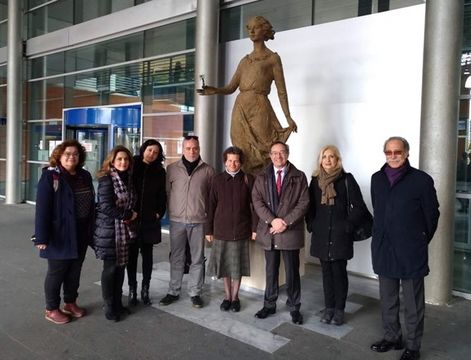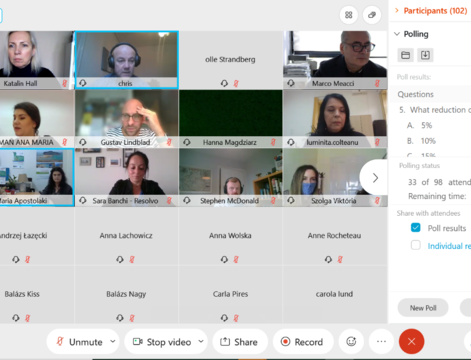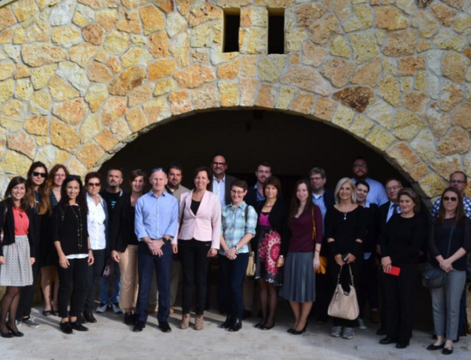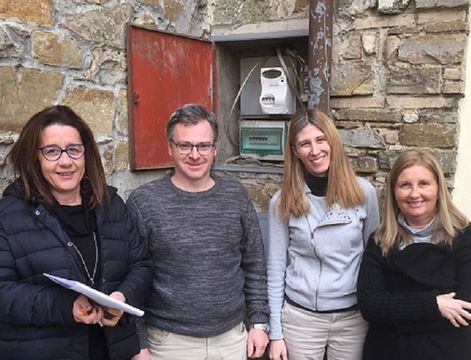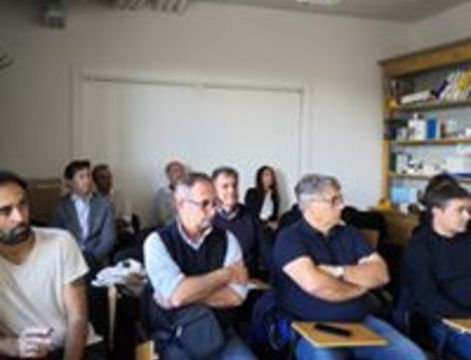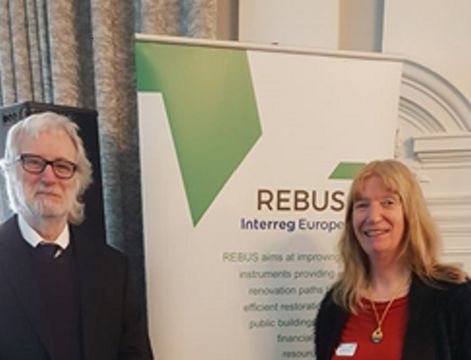On the 20th of May 2020, Durham County Council (DCC) held a virtual REBUS Local Stakeholder Group (LSG) meeting to disseminate important REBUS-related updates, including the Energy Renovation Pathway (ERP) published in March 2019, Action Plan priorities and monitoring within the REBUS project.
The REBUS/Low Carbon Economy Team representatives from DCC also presented County Durham’s ERDF submission progress in relation to the Auckland Project, ESIF funding post-COVID-19 and all current information on the REBUS Final Conference, which was originally scheduled to take place in March 2020 in Florence. However, in an effort to mitigate risk during the COVID-19 pandemic, the conference is still rescheduled an undetermined date.
Following REBUS-related presentations, LSG meeting participants were informed of the updates to the Regional Energy Strategy and the Durham Climate Energy Response Action Plan, and the Mine Energy white paper was communicated. The LSG also received comprehensive updates from the Mine Energy Taskforce on the Energy for Growth Programme in the North East of England, in which a strategic economic plan, progress within the North East Energy Catalyst partnership, the Rural Community Energy Fund, amongst other themes, were presented. The meeting concluded with an overview of next steps for the LSG, as well as plans for the next LSG meeting.
In attendance were REBUS partners from Durham County Council (DCC) who are vital to REBUS project success, including:
- Rich Hurst (REBUS Project Manager)
- Dorothy Gibson (Transnational Coordinator, DCC)
- Paul Franks (REBUS Finance Officer)
- Helen Grayshan (Low Carbon Economy Team, DCC)
- Stephen McDonald (Low Carbon Economy Team, DCC)
- Maggie Bosanquet (Low Carbon Economy Team Manager, DCC)
- Michael Vasey (Low Carbon Economy Team, DCC)
- County Councillor John Clare (Durham County Council’s Cabinet Support Member for Economic Development and Climate Change Champion)
Also in attendance of the virtual local stakeholder group meeting were local/regional energy activists and experts, representatives from the Durham Community Action, Community Energy England, The Auckland Project, The Coal Authority, Durham Energy Institute, MHCLG – Managing Authority, Northern Gas, BEIS - Business Energy and Industrial Strategy, NE-LEP, The Environment Agency and the DCC Area Action Partnership.
|
|






